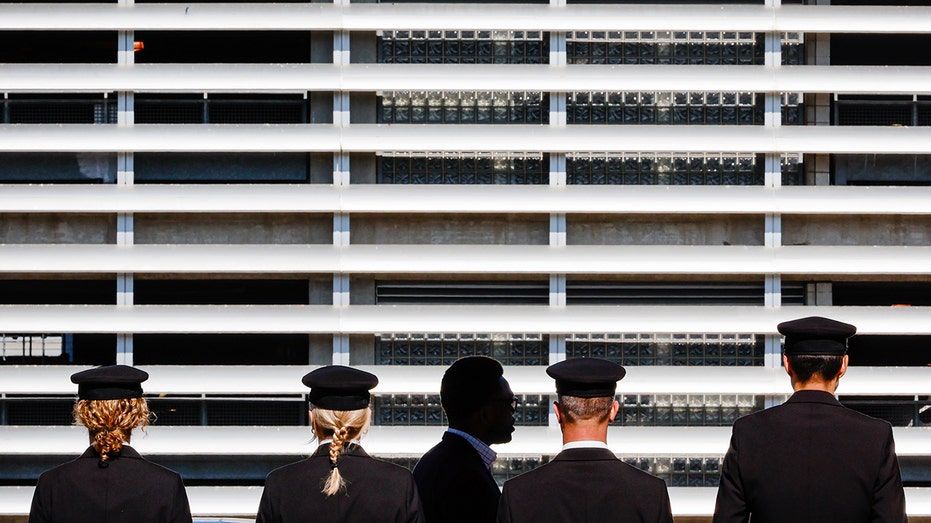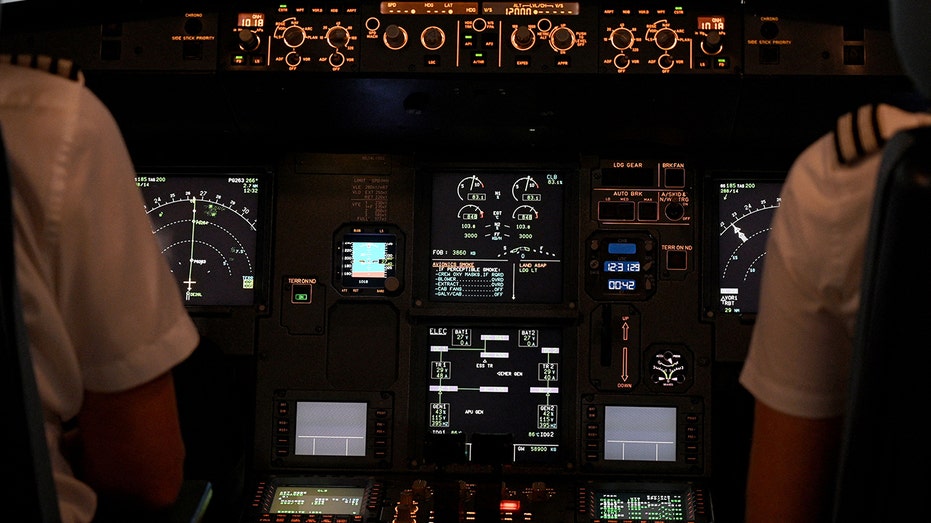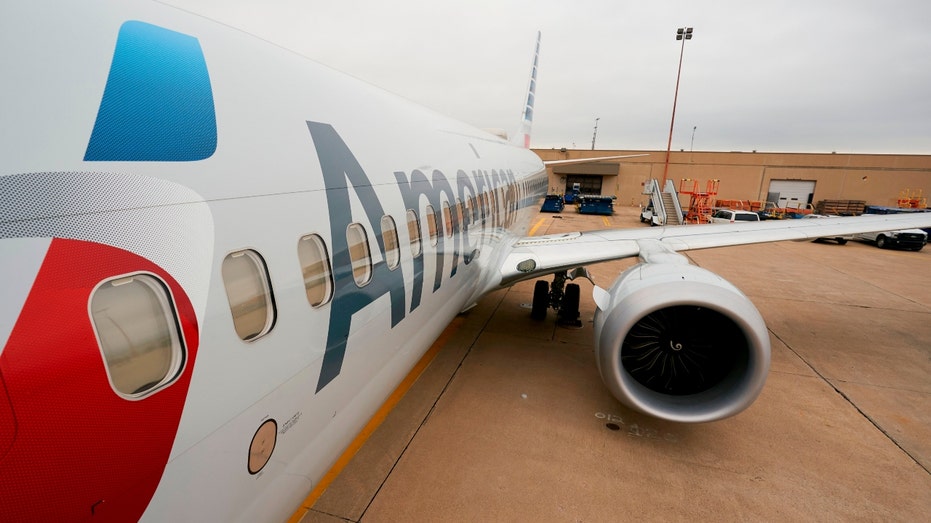
Samsara co-founder and CEO Sanjit Biswas explains how the Internet of things company got American Airlines’ Dallas hub to decrease flight delays on ‘The Claman Countdown.’
A pilot’s mental health is “just as important as having a good set of eyes to see what’s going on,” American Airlines pilot Captain Dennis Tajer said.
Sometimes that can get overlooked. But Tajer, a pilot with over 30 years of flying experience and spokesperson for the Allied Pilots Association, is trying to make sure that never happens. He’s been advocating for pilots to priorize their mental health especially in recent years when work schedules have been getting pushed to the maximum legal limit, so carriers can ramp up operations to meet demand.
His colleague, American Airlines Captain Pete Gillespie, is in agreement.
“Everyone takes care of their physical fitness, but mental fitness is often overlooked,” Gillespie said in a notice sent to all American Airlines pilots Tuesday. “With post-pandemic schedules built around more time away from home and longer trip length, and with our limited schedule flexibility and certainty, our pilots’ work-life balance is under stress.”
WHO IS CAPT EMERSON? ALASKA AIRLINES RELEASES DETAILS ON OFF-DUTY PILOT WHO ALLEGEDLY TRIED TO CRASH FLIGHT
Gillespie, who is also the Deputy Chair of American Airlines pilot-to-pilot peer assist program Project Wingman, stressed that pilots are very good at “compartmentalizing to fly a plane with focus and precision, but the fact is, mental health matters.”

Air Canada pilots hold an informational picket outside Terminal 1at Toronto’s Pearson airport, September 29, 2023. (Andrew Francis Wallace/Toronto Star via Getty Images / Getty Images)
Tajer and Gillespie’s comments underscore how ensuring pilots are not only physically but mentally fit has never been more important.
It wasn’t clear what provoked Captain Joseph Emerson, the off-duty Alaska Airlines pilot facing charges for allegedly trying to shut down a plane’s engine mid-flight. However, he did admit to investigators he that he became depressed six months ago, according to court documents.
For Tajer, this incident reignited a crucial conversation regarding mental health in the industry.
FLIGHT DIVERTED TO PORTLAND OVER ‘CREDIBLE SECURITY THREAT,’ OFF-DUTY PILOT CHARGED WITH 83 ATTEMPTED MURDERS
Tajer said the first barrier to helping pilots is eliminating the misconception that if a pilot reports to the Federal Aviation Administration (FAA) that they need help, then they’re fitness to fly will be in question, and they will be pulled from work.
This only adds to the pressure that a pilot can put on themselves to work through their struggles alone without seeking help, he said.

EasyJet’s airline pilots train in a flight simulator at the EasyJet’s CAE center near the Milan Malpensa airport on September 18, 2023 in Lonate Pozzolo. (GABRIEL BOUYS/AFP via Getty Images / Getty Images)
Under FAA regulations, pilots are required to undergo a medical exam with an Aviation Medical Examiner – who are trained to determine the pilot’s mental health and fitness to fly, every six months to five years depending on their age and the type of flying.
Pilots are also required to report any health professional visits during the previous three years, all medications being taken and their medical history on a medical application form. This form includes questions about mental health, according to the FAA.
ALASKA AIRLINES PASSENGER RECOUNTS HARROWING MOMENTS OFF-DUTY PILOT ALLEGEDLY TRIED TO CUT PLANE’S ENGINES
“Pilots must report certain mental health conditions to their aviation medical examiner (AME) during their regular medical exams,” the FAA told FOX Business.
When you disclose that you are under the care of mental health professional, you can be taken out of the flight deck temporarily until you are deemed fit to fly once again, Tajer said. However, that’s not always the case.

An exterior view of an American Airlines B737 MAX airplane is seen at Dallas-Forth Worth International Airport in Dallas, Texas on December 2, 2020. ((Photo by COOPER NEILL/AFP via Getty Images) / Getty Images)
The FAA encourages pilots to seek help if they have a mental-health condition due to the fact that most, if treated, do not even disqualify a pilot from flying.
Tajer has also been trying to draw attention to all the extensive resources pilots have to get support they need like American Airlines’s Project Wingman.
The program helps pilots deal with the stress that comes from home. The program is designed to provide peer support and, when necessary, crisis triage for the pilots of American Airlines and their family members,” according to the program’s mission statement.
GET FOX BUSINESS ON THE GO BY CLICKING HERE
There are dozens of volunteers that are trained to assist with personal and professional issues encountered by pilots and their families.
The program says it’s far more than a “suicide hotline,” but a well-being program that supports pilots and their families during times of excessive personal stress or crises in their lives.
American isn’t the only carrier trying to address mental health. In February 2022, Delta Air Lines Chief Health Officer Dr. Henry Ting expanded access to mental health treatment for every Delta employee and their family members.
Over the last several years, the FAA said it has also invested in resources “to eliminate the stigma around mental health in the aviation community” so that pilots will seek treatment.
This includes increasing mental health training for medical examiners and increasing the number of mental health professionals to expand in-house expertise and decrease wait times for return-to-fly decisions.
“It is a normal human condition to be under some level of stress with external things happening,” Tajer said. “It’s the tools you have to get through that that matter.”

 Latest Breaking News Online News Portal
Latest Breaking News Online News Portal




